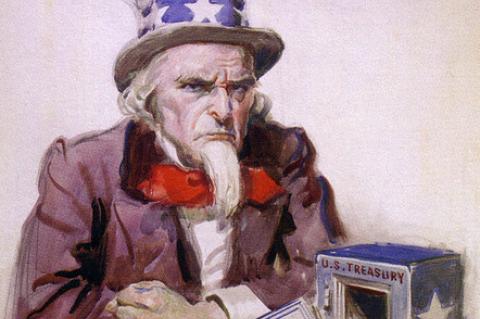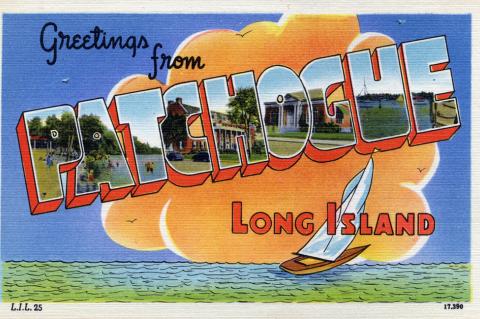Usually I can sleep forever, but not lately. There’s an ache in there, around the gluteus medius, that builds until there’s nothing to be done but get up.
Opinion
If Democratic voters do not bounce the supervisor from the ballot, we can expect months more tension until the general election in November or even until 2022.
It is hard to know how well the point got across Tuesday evening after work, when I tried to explain — in Spanish — East Hampton Village’s leaf blower law to a nice young man using one to tidy up the driveway behind The Star.
Tuesday’s flare-up among members of the East Hampton Town Board was unusual only in its intensity; sadly, we have gotten used to a certain level of steam when the group gets together.
Naomi Osaka first said that she’d be absenting herself from media interviews at the French Open, and then promptly passed on the whole shebang. Wringing of hands ensued.
I read the sign’s words out loud: “Grand Army of the Republic Highway,” adding, “I love that about America. You’re never far from our history, and we’re still fighting the Civil War.”
I was telling Mary that I’d dreamed of a former boss dressed in a Santa suit, and she asked if I’d asked for a raise. Dream on, I said.
A confluence of events on the retail scene has many people in and around East Hampton talking about what exactly is the nature of this community.
Lately I have been leaving the house early to get to the office by 6 to write before the distractions of the day begin.
I may have mentioned this before, but I enjoy walking in the middle of the road.
Why do so many men of a certain age suddenly take up gardening?
Spring was in the air, and so, evidently, was my head, for I had no idea until the middle of the following day that I had left my camera behind at Mashashimuet Park’s diamond.
East Hampton Village officials have been exceedingly busy in sprucing up the business district. But to what end?
I was surprised, when I lived in rural Canada, to discover that not everyone in the Western world owns as much stuff as Americans do.
Of all the dumb things that the newest members of the East Hampton Village Board have thought of so far in their term, reducing Newtown Lane to one lane eastbound, that is, toward Main Street, may be the topper.
Readers of this newspaper may know that we have a thing about signs. The South Fork villages and East Hampton Town have fairly rigorous laws regulating their size, placement, and illumination.
East Hampton Town could once again set an example in banning balloons, but is it going a step too far?
 Gristmill: Tax Daze
Gristmill: Tax DazeMay 17: Maybe that can be another “new normal.” It’d be good to get Tax Day a bit away from a risen Christ and the Easter Bunny.
 Guestwords: The Lone Ranger Faces Life
Guestwords: The Lone Ranger Faces LifeOne summer evening in 1943 I ran to Dad with a big request: It was time for a Daisy air rifle.
I probably should buy “Computers for Dummies,” but, given all the advances, it might be antiquated already.
The second round of dandelions has begun. Their bright yellow heads are close to the ground for the moment, as the seed puffs bob, waiting for a gust of wind.
It’s hard to remember what it felt like to walk around light and airy, believing that the world was getting better every passing year — rather than walking around as I do these days, with the chronic, sciatic understanding that everything is going to hell in a handbasket.
This week, East Hampton Village and the Village of Sag Harbor both implemented a pay-for-parking system that required users to download a smartphone app. This seems a lot to ask of both residents and visitors alike.
Even in a slow year, there were 12,500 flights in or out of the airport — an astonishing number in itself that should tell you that our kind-of quiet skies are about to get a whole lot louder as Covid-19 restrictions ease.
Memories of heavenly dates at Jahn’s Ice Cream Parlor in Queens trigger thoughts of the recent loss of Scoop du Jour here in East Hampton.
While it would be nice to write off all state income and property taxes, as we used to, I’m willing to stand the gaff if it means that President Biden’s broad spending plan will pass. The New York legislators who have said they won’t vote for the bill if our state income and property tax write-offs remain capped at $10,000, should abandon that stand in favor of the greater good.
School district elections are Tuesday, and we encourage residents to take part. While there is a dearth of contested school board races, important ballot measures are proposed in Springs, Sagaponack, Sag Harbor, Montauk, and Amagansett.

